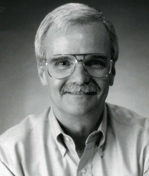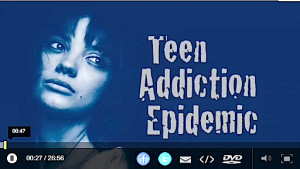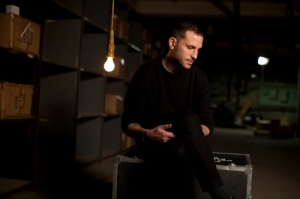Dr. MacAfee says: We know a lot about addiction, but I’m very interested in what it means to live in sobriety. In other words, what is the impact of abstinence? Most people tell me they want sobriety because, “I don’t like who I’ve become.” This statement is a great motivator for change. Recovery is always an individual endeavor and also requires a supportive community.
My reaction: I never thought about the impact of abstinence. When Jeff completed his first recovery program, he emerged drug free, but his life was still framed around old ways of living. Just because he spent thirty days in treatment didn’t mean that the world he used to know suddenly changed to support his recovery. In fact, just the opposite was true. There was lots of work that needed to happen for him to reintegrate into life in a healthy way. It was all new to Jeff and new to our family. This was a delicate place.
Today’s Promise to consider: When using stops – whether overeating, smoking, drinking or using drugs – fear of picking-up again is common and living can be painful. I know that I can’t control my loved one’s behavior, but I also know that he will need a strong support system. I will be compassionate and supportive as he learns to live in abstinence.











8 Comments.
View Comments | Leave a Comment